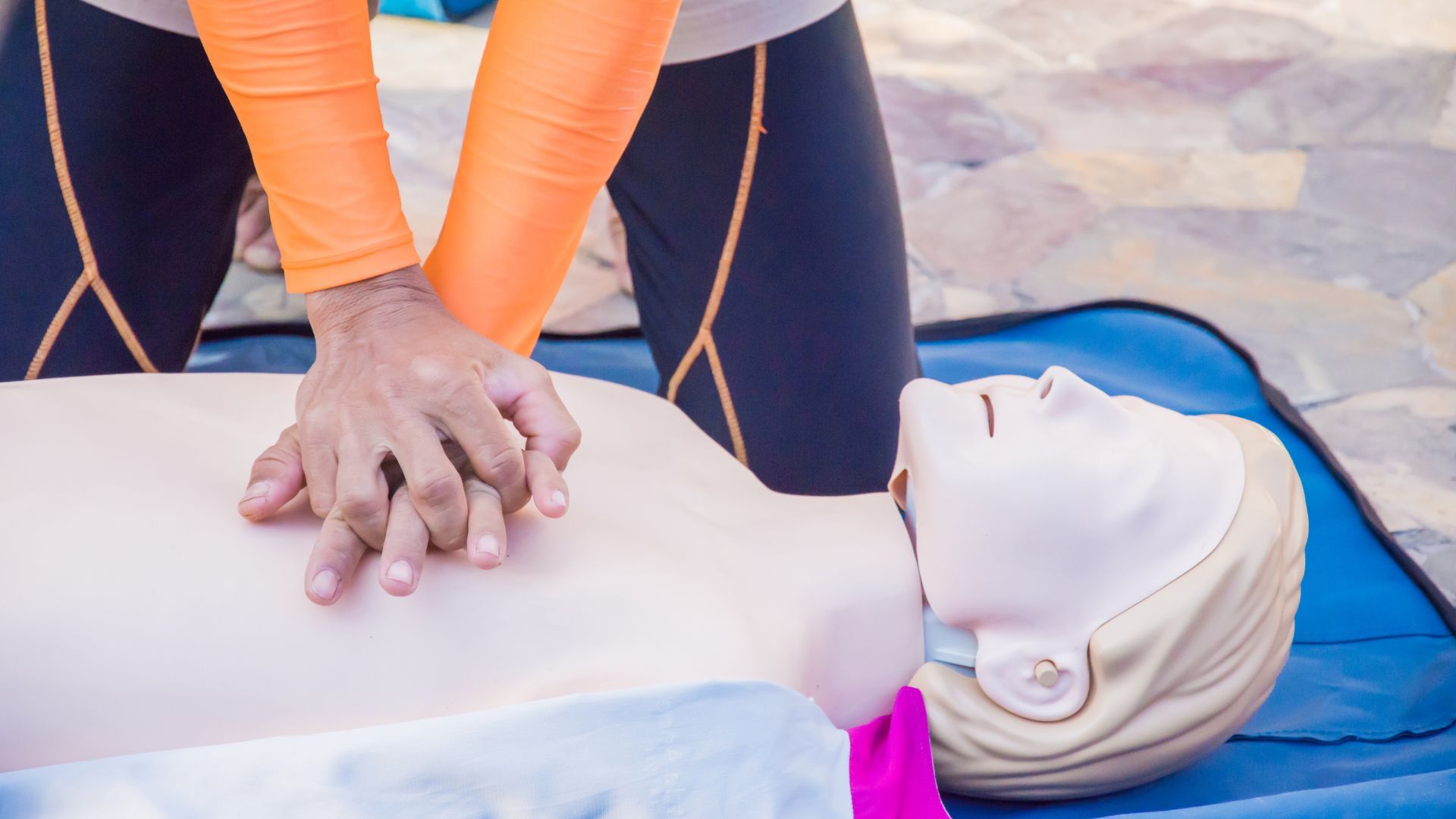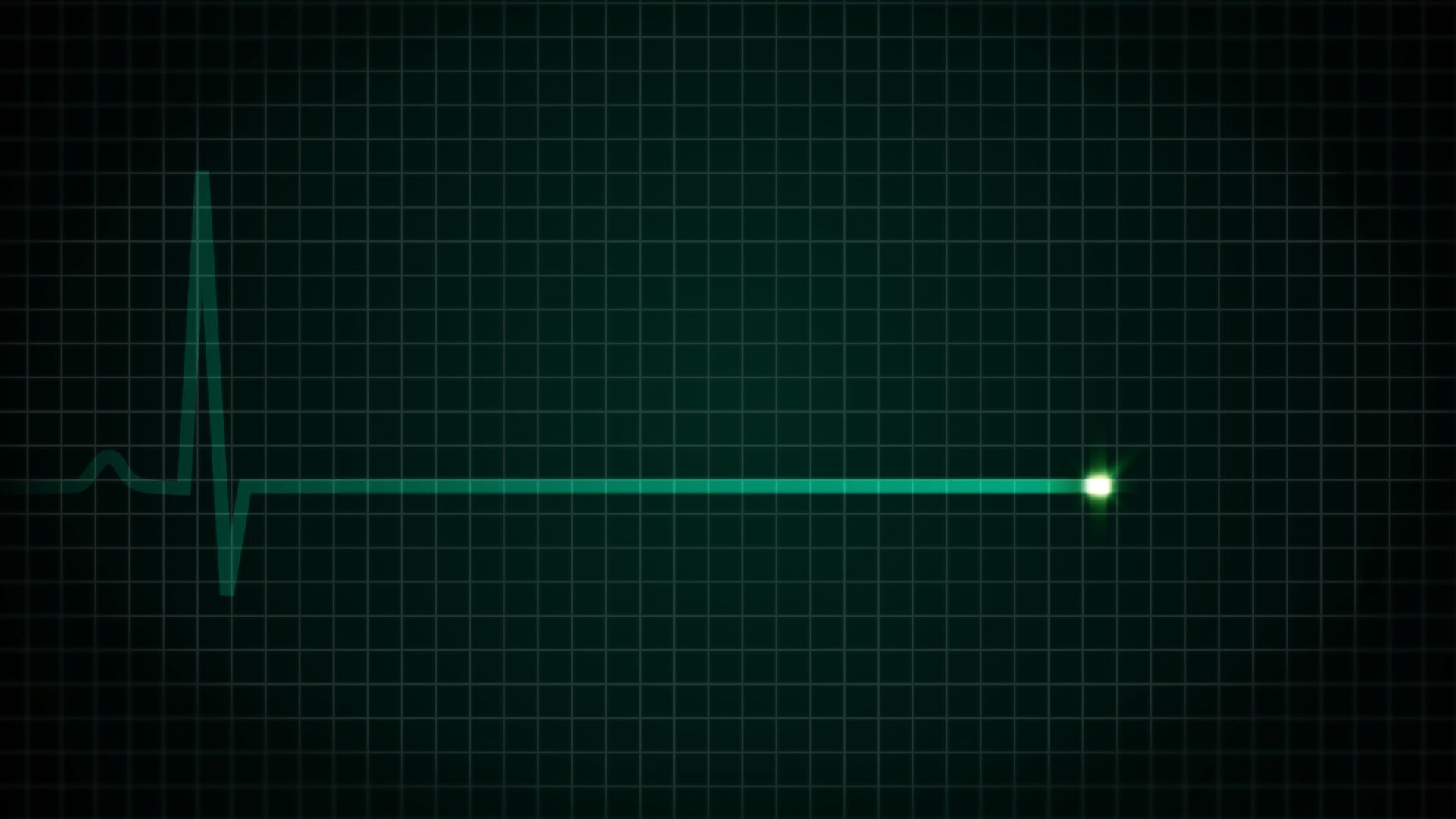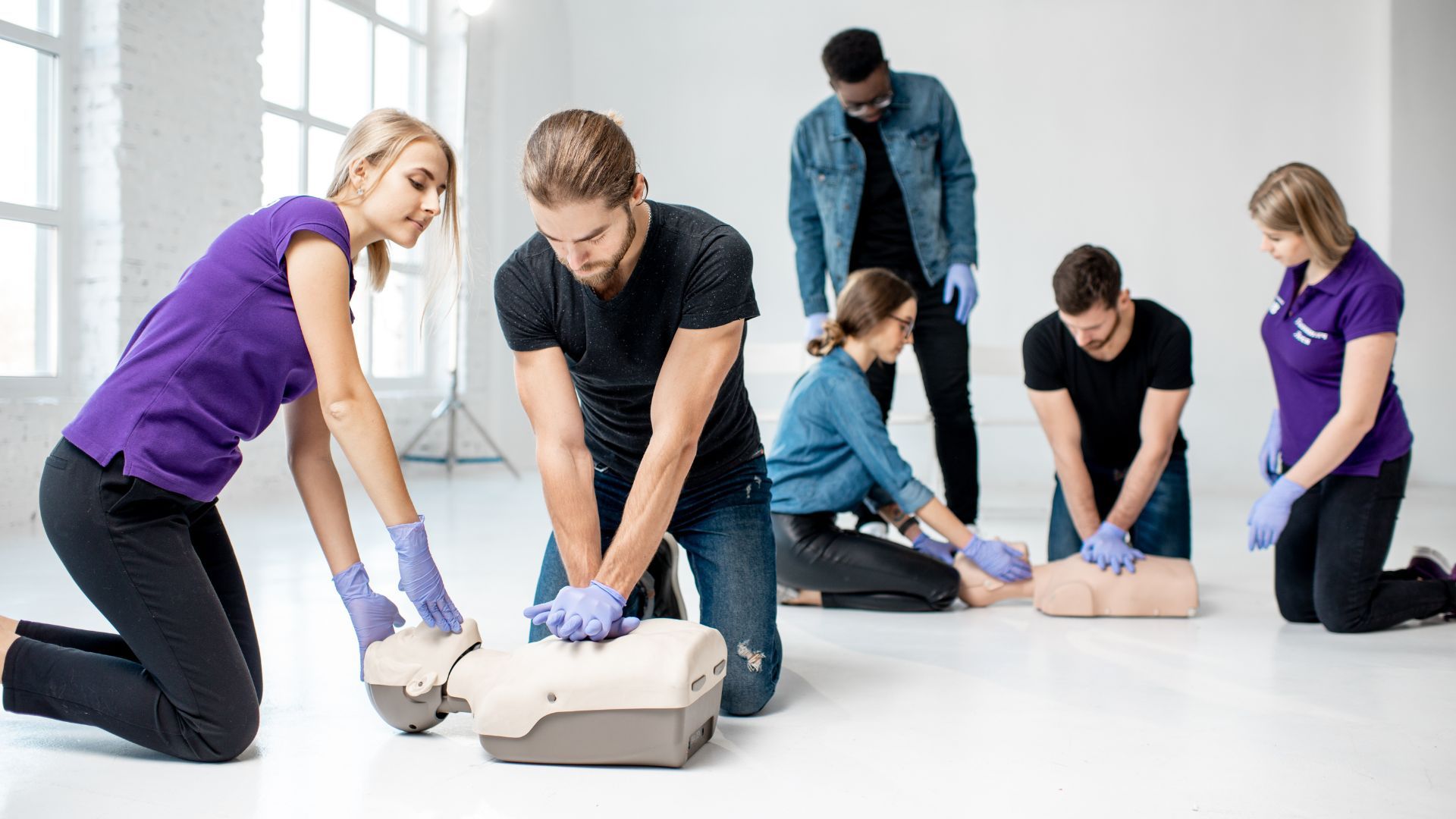What is Dispatcher-Assisted CPR
Dispatcher-Assisted CPR Pronunciation: dis-ˈpa-chər-ə-ˌsist-id ˌsē-(ˌ)pē-ˈär
Definition: Dispatcher-assisted CPR, also known as telephone CPR or telecommunicator CPR, is a process in which emergency dispatchers provide real-time, step-by-step guidance to callers on performing CPR (Cardiopulmonary Resuscitation) on a victim of cardiac arrest. The goal is to initiate life-saving measures as quickly as possible, even before professional help arrives on the scene.
Frequently Asked Questions About Dispatcher-Assisted CPR
How does dispatcher-assisted CPR work?
Dispatcher-assisted CPR works as follows:
- A bystander calls 911 or the local emergency number to report a suspected cardiac arrest.
- The emergency dispatcher assesses the situation and determines if CPR is necessary.
- If CPR is needed, the dispatcher provides clear, step-by-step instructions on how to perform chest compressions and rescue breaths, if applicable.
- The caller continues to perform CPR under the guidance of the dispatcher until professional help arrives.
What are the benefits of dispatcher-assisted CPR?
The benefits of dispatcher-assisted CPR include:
- Faster initiation of CPR: Dispatcher-assisted CPR helps initiate life-saving measures sooner, which is crucial for increasing the chances of survival in a cardiac arrest situation.
- Increased bystander intervention: By providing guidance and support, dispatchers can help reduce hesitation and increase the likelihood of bystanders performing CPR.
- Improved CPR quality: Dispatchers can provide real-time feedback to improve the quality of chest compressions and rescue breaths.
- Enhanced coordination of emergency response: Dispatcher-assisted CPR helps ensure a coordinated response from bystanders and emergency medical services, leading to more effective care.
Can anyone perform dispatcher-assisted CPR?
Yes, anyone can perform dispatcher-assisted CPR, even without prior CPR training. The emergency dispatcher will provide clear instructions and support to guide the caller through the process. However, it is still highly recommended to receive CPR training, as it prepares individuals to act more confidently and effectively in an emergency situation.
More Articles





